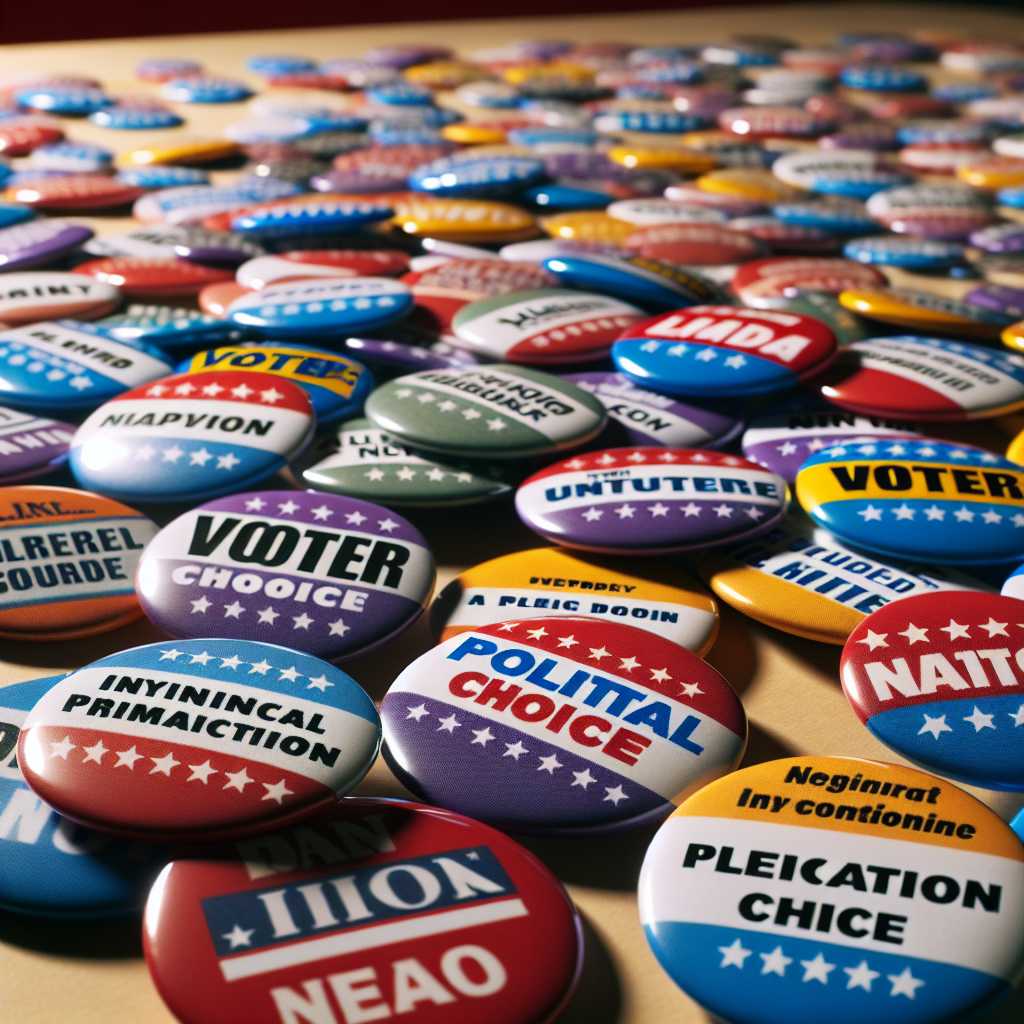The Intricacies of the Nevada Primary System and Its Role in the American Political Landscape
The Nevada primary is an integral part of the political process in the United States. As a key early battleground state, Nevada’s primaries have evolved over time to become an influential factor in shaping the outcome of both Democratic and Republican nominating contests. This article delves into the nuanced system of the Nevada primary, examining its structure, importance, and the impact it has on the national political scene.
Understanding Nevada’s Primary System
In the United States, a primary election is a process by which voters select their preferred candidate for a specific political party’s endorsement. Unlike some states that hold closed primaries, where only registered party members can vote, Nevada operates on a slightly different system for Democrats and Republicans.
Democrats: Caucus to Primary Transition
Historically, Nevada Democrats have used a caucus system to determine how their delegates would be allocated to presidential candidates. Caucuses are local gatherings where voters discuss and then show their support for a candidate through realignment processes. Participation can be less due to the time commitment required which is why, leading up to the 2024 election cycle, Nevada Democrats planned to transition from a caucus to a primary system in an attempt to increase voter participation and simplify the process.
Republicans: Straightforward Primary
The Republican Party in Nevada utilizes a more traditional primary election process. Voters head to polling places to cast their ballots for their preferred candidate. The straightforward nature of such primaries often leads to higher turnout as compared to caucuses since it allows for a quick in-and-out vote rather than hours of discussion and realignment.
The Significance of Nevada in Presidential Politics
The strategic importance of Nevada primary stems partially from its early place in the primary calendar. Taking place shortly after the Iowa caucuses and the New Hampshire primary, the Nevada primary provides candidates with an opportunity to appeal to a more diverse electorate. The state’s significant Latino, African American, and Asian American communities offer presidential hopefuls a chance to prove their cross-sectional appeal within key demographic segments of America.
Diversity as a Bellwether
Nevada’s rich cultural diversity mirrors that of many other battleground states and even the country at large. As such, candidates’ performances in Nevada have often been viewed as indicative of their ability to connect with diverse populations nationally, making a strong showing in this state critical for building momentum.
Economic Measures and Political Winds
Nevada faces unique economic challenges and opportunities, shaped by its reliance on tourism and gaming industries as well as its growing technology and renewable energy sectors. These dynamics allow for hot button issues such as job creation, economic diversification, and sustainability efforts to play significant roles during the primaries.
Strategizing Victory: Campaigns Targeting Nevada
Campaigns exert considerable effort and resources to understand Nevadan concerns, often deploying targeted advertising, making frequent visits, and engaging deeply with local communities long before most other states’ residents head to the polls.
Notable Nevada Primaries
Historically significant outcomes in past Nevada primaries serve as reminders of how influential this early contest can be. For example:
– In 2008, despite winning the popular vote during the Nevada caucuses, Hillary Clinton ended up with fewer delegates than Barack Obama due to the latter’s strategically effective campaign.
– In 2016 Bernie Sanders showcased his growing movement by performing stronger than anticipated despite ultimately losing to Clinton.
– Similarly, President Donald Trump’s dominance in 2016 underscored his surprising strength among GOP voters which foretold his subsequent path to the Republican nomination.
Potential Reforms and Challenges Ahead
As part of continual reevaluation of election protocols nationwide, discussions on primary reforms are frequent within political circles. Concerns often addressed include accessibility, representation accuracy, security, and state sequential ordering. These issues remain at the forefront in order to develop a more inclusive and democratic nominating process potentially impacting future iterations of the Nevada primaries.
Notes
Image description: A collection of multicolored buttons emblazoned with various 2024 presidential candidates’ names is scattered on a table symbolizing voter choice during the Nevada primary season.
